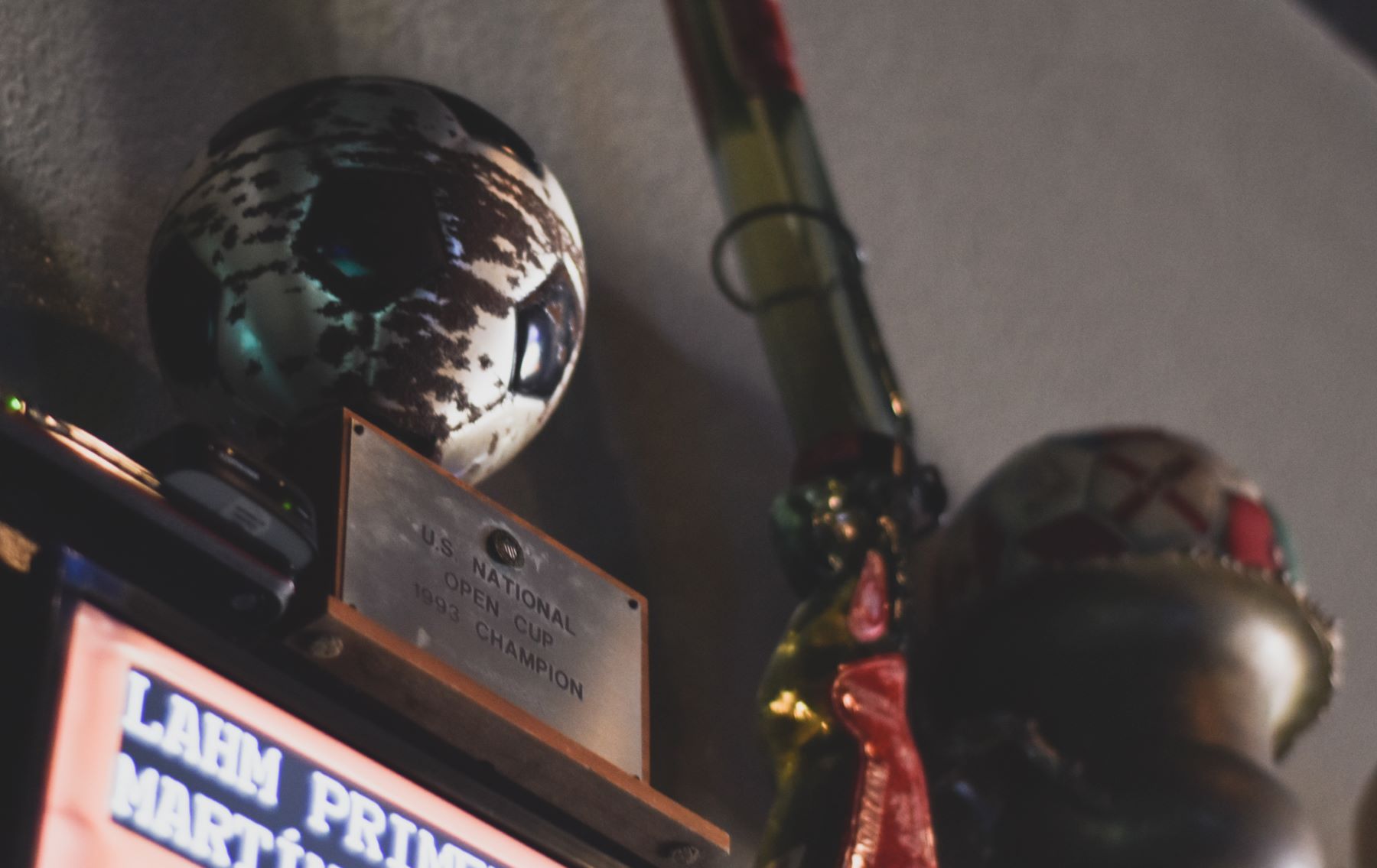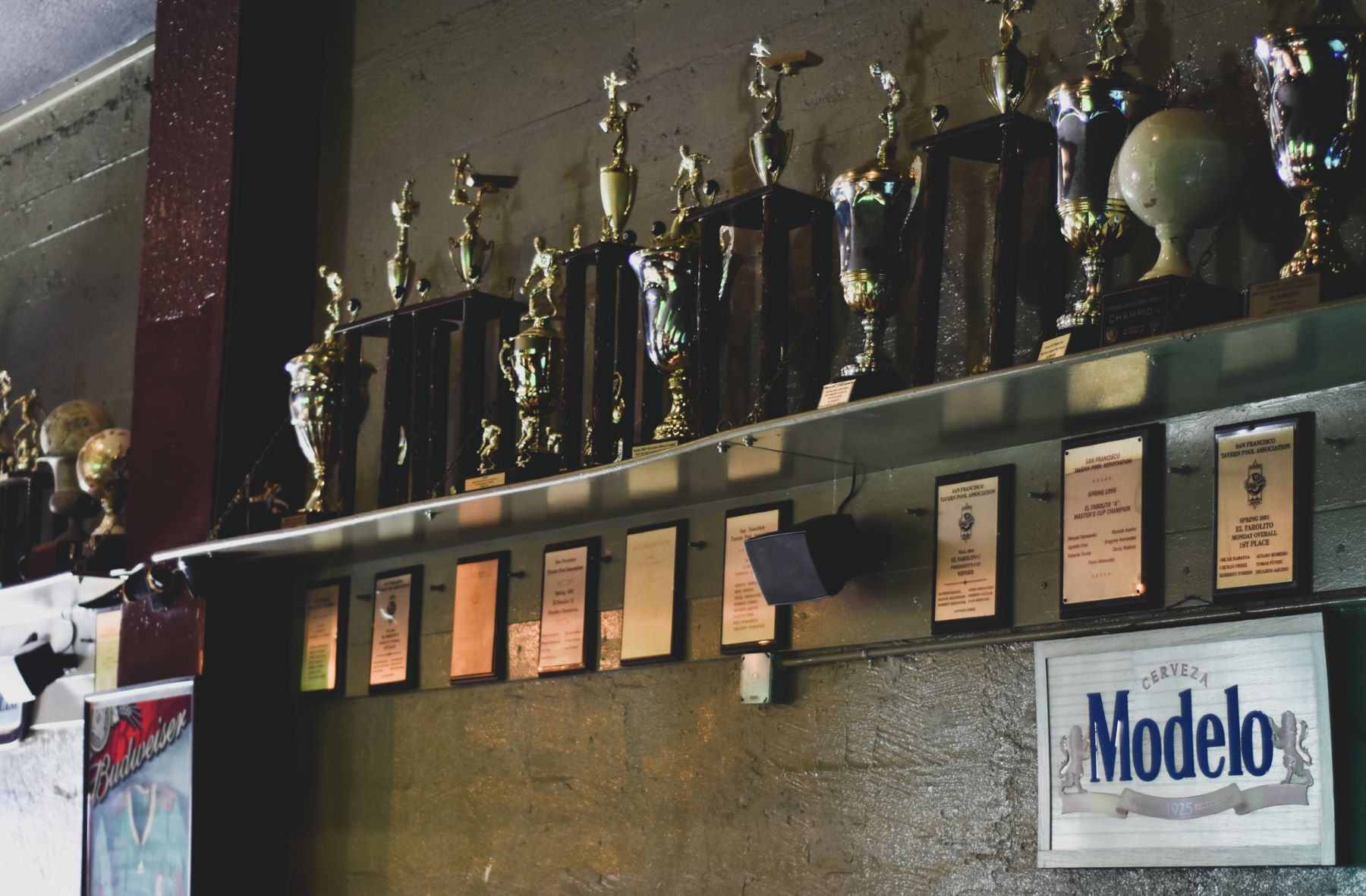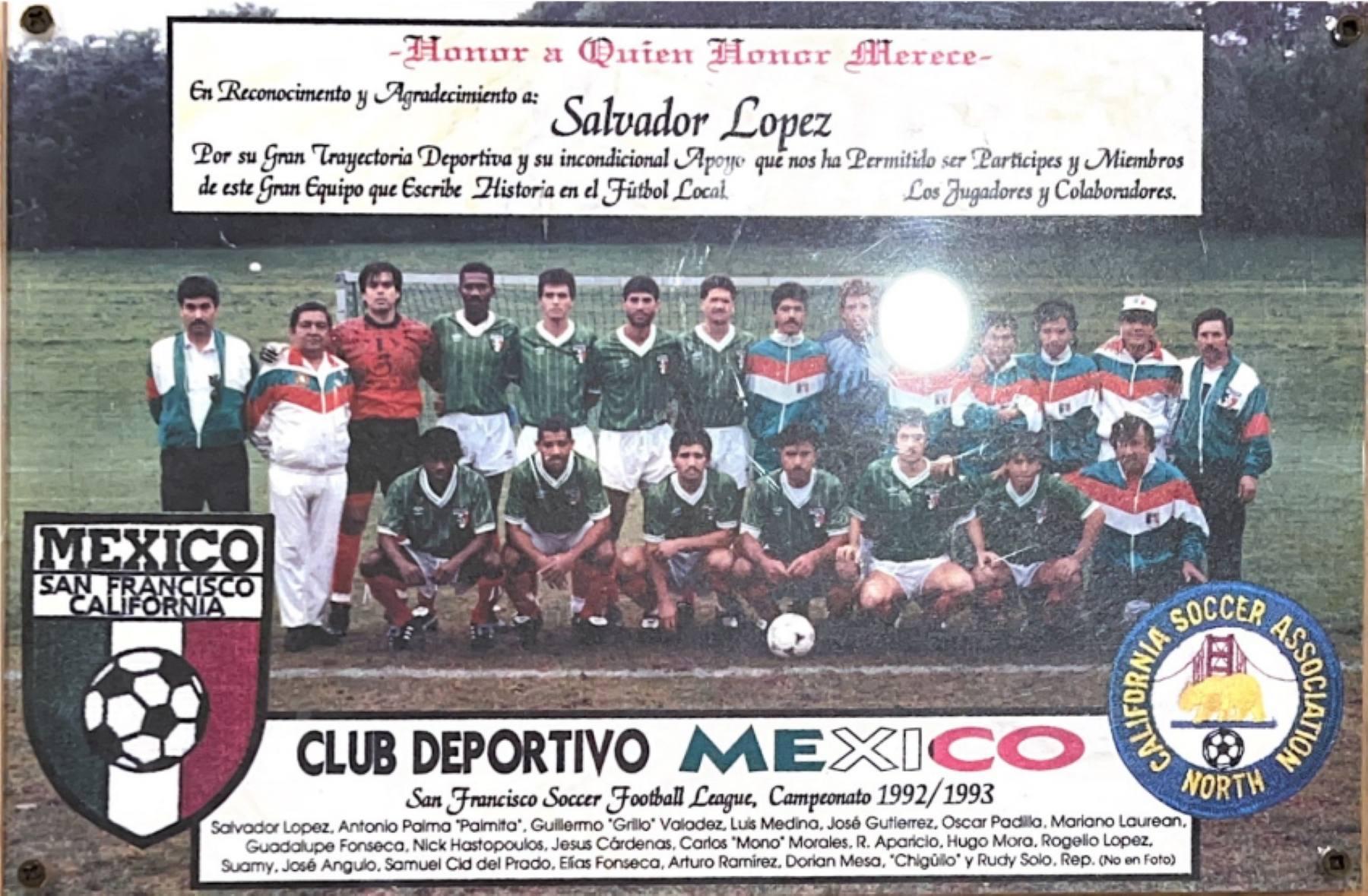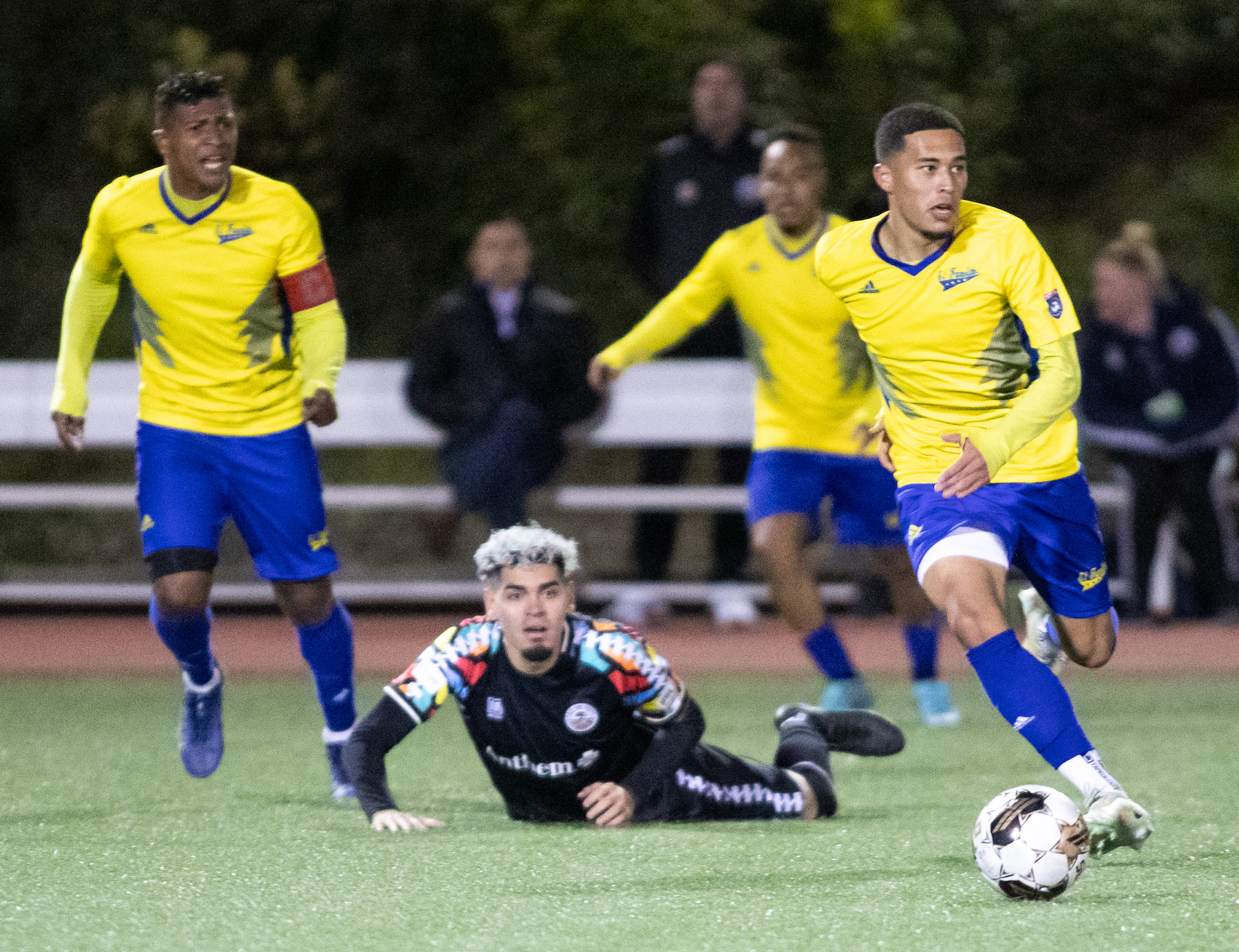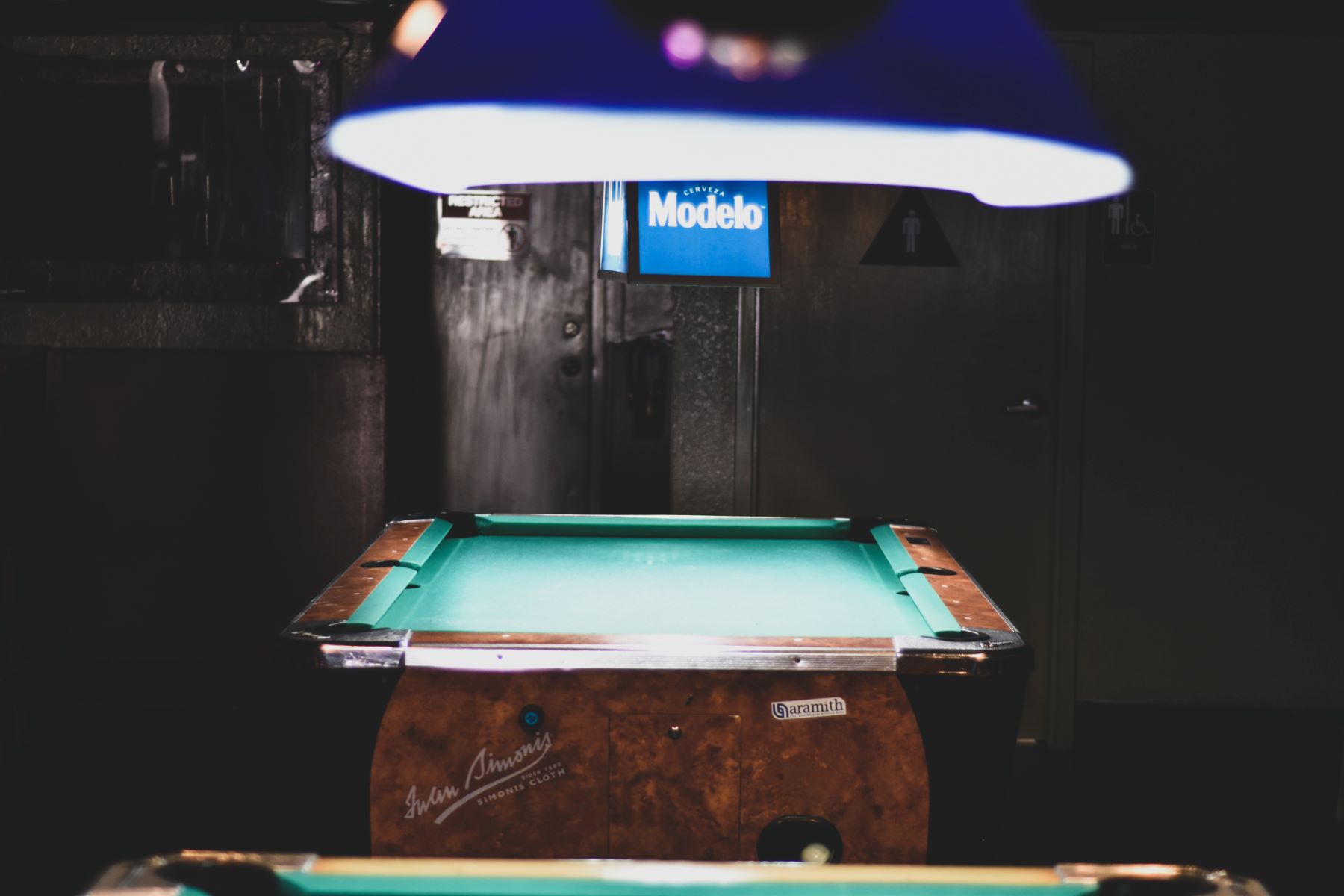San Francisco Originals El Farolito: A Bar, Burritos & Open Cup Glories
We spent some time at the birthplace of El Farolito SC – the historic San Francisco club that won the Open Cup in 1993 and are charging hard to recapture those glory days in our 2024 edition.






